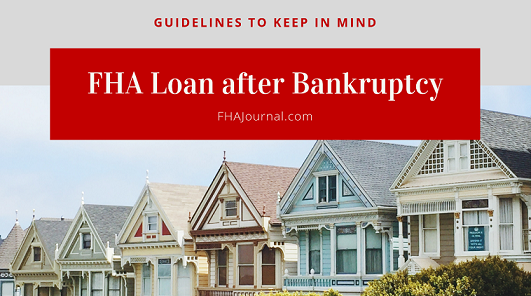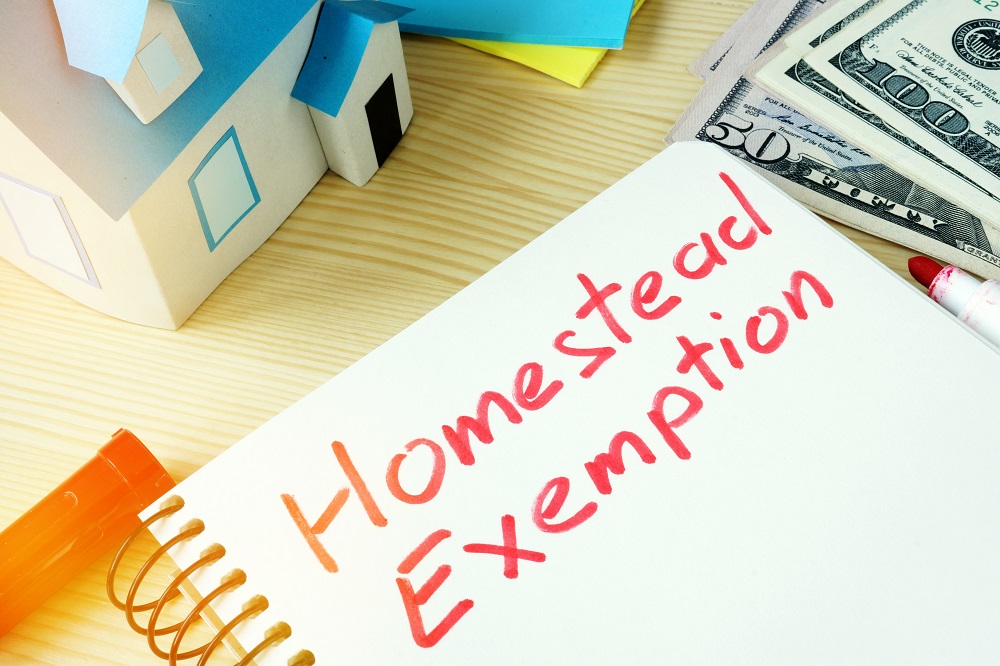Table of Content
Although you can qualify as soon as 12 months after your discharge if you can prove extenuating circumstances led to your bankruptcy filing. If you were among the nearly 700,000 people who filed for bankruptcy between June 2019 and June 2020, you may be wondering if you can borrow from your home equity after bankruptcy. Yes, borrowing from your home equity may be an option, depending on your lender and financial circumstances. Typically, tapping your home equity is a better option than a personal loan or a credit card, as home equity loans usually have lower interest rates.

Having a waiting period in place gives you the chance to rebuild your credit score and show that you have the ability to take on and maintain mortgage payments. FHA loans are mortgages backed by the Federal Housing Authority, designed for people who may have trouble getting a conventional loan because of a poor credit history or income. FHA loans have easier credit requirements and lower down payments. There are also nonprime lenderswho are willing to finance your home immediately after a chapter 13 bankruptcy discharge. They will look at your credit scores to determine what the down payment and interest rate will be. However, to even be considered for a mortgage loan request, the bankruptcy must first be discharged.
What Are the Pros and Cons of a Leaseback for Homeowners?
You’ll likely need a minimum credit score of 620, but many lenders require a higher score. Bankruptcy, a legal procedure for people who cannot pay their debts, allows consumers to eliminate their debt or restructure it to make repayment possible. Filing for bankruptcy offers an opportunity to regroup and get a fresh start on your finances. One way that you could get a home equity loan during Chapter 13 bankruptcy is if the proceeds are used to pay off your creditors.
Bankruptcy will impact your credit history and your credit score, which in turn impacts how soon you can get a line of credit after bankruptcy. A Chapter 7 bankruptcy will stay on your credit report for up to 10 years, while a Chapter 13 bankruptcy will stay on your credit report for up to seven years. The impact on your credit score depends on several factors, including your score before bankruptcy. For example, if you had a high credit score, you should expect to see a bigger drop than someone with a lower score who had existing negative marks on their credit report.
Buying A House After Chapter 7 Bankruptcy Faq
ERISA benefits, a certain amount of life insurance, some clothing and even home furnishings are among the exemptions available. One of the most frightening things about filing for bankruptcy is the potential for your assets to end up liquidated by the courts to pay your debts. If you need help deciding your best options, you should contact an experienced bankruptcy attorney today. Linda is just one of many who would find themselves in a situation that would require that they determine which course of action will end up costing her less money.

Secondly, you may need to wait a year or two after your bankruptcy discharge before you can qualify for a loan. That said, there are lenders who are willing to work with borrowers who have filed for bankruptcy. If you’re interested in getting a construction loan after filing Chapter 7 bankruptcy, talk to a few different lenders to see what they can do for you. Linda Smooty bought a home when she was 24 with a slightly larger than normal down payment. She’s been making all her payments on time ever since and even trying to make an extra full month’s payment each year to bring the balance down faster.
What Are My Chances Of Getting A Mortgage After Bankruptcy
A bankruptcy discharge is an order from a bankruptcy court that releases you from any liability on certain debts and prohibits creditors from attempting to collect on your discharged debts. All of the above waiting periods can be impacted, and potentially increased, if your bankruptcy included a foreclosure. In that case, the FHA loansâ waiting period increases to 3 years and conventional loans increases to 7 years. Both VA and USDA loans remain the same, at 2 and 3 years, respectively. Proving extenuating circumstances can reduce the waiting period.

Some of the terms may be different from one lender to the next. This is particularly true with the Loan to Value ratio that they will accept. We’ll go over the difference between Chapter 7 and Chapter 13 bankruptcies and how they can affect your chances of getting a HELOC. You are also going to learn about other ways to pull equity from your home that may be better suited for bankruptcy situations.
Getting an FHA, VA or USDA loan after Chapter 13 bankruptcy is more complicated than after a Chapter 7. Chapter 13 allows you to make payments to some or all of your creditors over a period of three to five years. Your remaining debt is discharged once those payments are made. The key is to take positive steps with your credit and get back your financial footing.
It is unlikely that the BK will go away for good within three years of discharge, and it could take much longer. It will also be determined by the overall strength of your application in the third year. Once you have this value, use a home equity calculator or calculate it yourself by subtracting the amount you owe on your mortgage and any owed property taxes from your homes appraised value. Start by calculating your home’s value and your home’s equity, or how much you’d get if you were to sell it. In that case, your equity and your home’s value would be the same. By contrast, if your home is “underwater” because your mortgage balance exceeds your home’s value, you wouldn’t have any equity in your home.
However, your home can still be foreclosed on if you cannot pay your mortgage or any loans secured by your home, such as a home equity loan or HELOC. While you can discharge a home equity loan or HELOC during bankruptcy, the lender will still be able to foreclose on your home if you don’t make payments. Once you receive a Chapter 7 discharge, all of the old unsecured debt is gone and so you have increased your ability to pay off any new debts.

A leaseback will let you sell when you can get the most for your home and buy later when you can get a mortgage loan. You will have to pay all of your disposable income to your creditors for either 3 or 5 years, depending on your income level. The amount you can pay is split among your creditors according to the plan. Unfortunately, you would not be able to get a home equity loan while in Chapter 7 bankruptcy for a number of reasons. There are several requirements for those who have gone through a bankruptcy if they want to get a VA loan. All of these, like Chapter 7 bankruptcy, can be shorter if there are extenuating circumstances that led to the bankruptcy.
For HELOCs borrowers must take an initial draw of $50,000 at closing. Subsequent HELOC draws are prohibited during the first 90 days following closing. After the first 90 days following closing, subsequent HELOC draws must be $1,000 or more . Before allowing your HELOC to be discharged in Chapter 7, it’s a good idea to communicate with your HELOC lender and see if they’re willing to work with you. You may be able to negotiate a payment plan that fits within your budget and allows you to keep your home. When you’re ready to start looking for a new home, it’s a good idea to get prequalified first.

For example, if you are $3,600 behind on your HELOC payments when you file your Chapter 13, you can cure the arrearage in a 36-month plan by paying $100 per month into your plan. You don’t have to get bank approval of this if the court approves your plan the bank must accept the terms. Yes, its possible to get a home equity loan after bankruptcy. If you were able to keep your home during the bankruptcy process, you will be allowed to apply for either a home equity loan, a HELOC, or you might be able to remortgage and borrow more.
It’s important to remember that by using your home equity for debt consolidation, you’ll be taking out a second mortgage. Get a free bankruptcy evaluation from an independent law firm. Yes, if you have kept your credit clean, and if you have enough equity in your home, you will be able to get a HELOC after Chapter 13 bankruptcy. The plan is presented to your creditors, and you agree to meet its terms. You are basically entering into a revised agreement with your creditors. The Federal Housing Authority or FHA, which has a more relaxed credit standard, does not offer HELOC loans.

If a mortgage loan debt was discharged through a Chapter 7 bankruptcy, the mandatory waiting period after a bankruptcy discharge date is the waiting period start date. The date of the foreclosure, deed in lieu of foreclosure, and short sale after the bankruptcy do not matter. There is a four-year waiting period after the discharge date of the bankruptcy to qualify for a conventional loan. Things may be slightly different in chapter 13 bankruptcy but being allowed to obtain a home equity loan during the process is still very unlikely.

No comments:
Post a Comment